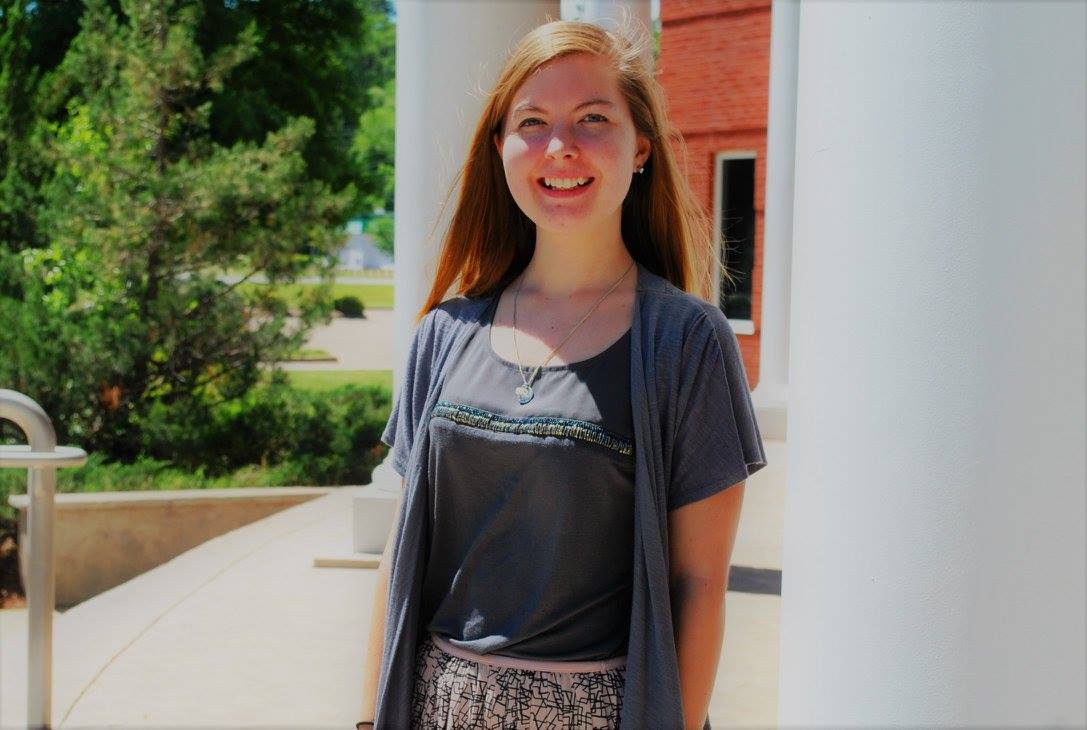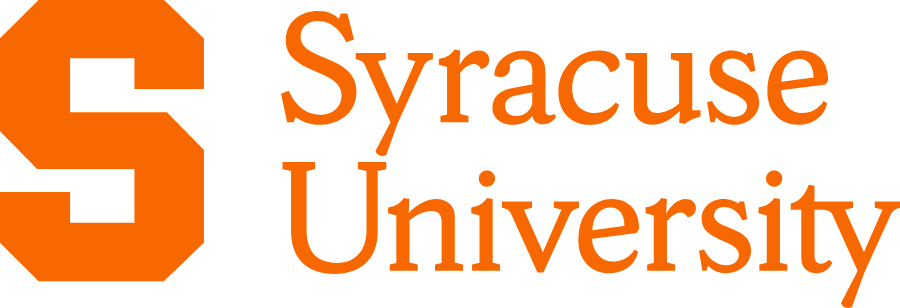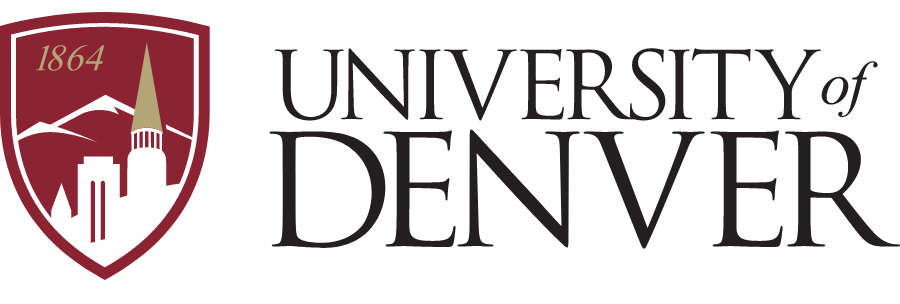Librarians all across America perform important duties that help their communities get what they need. Whether people are looking for access to books, technology assistance, research guidance, advice on literacy, or even just a quiet place to study or relax, librarians and the libraries they staff are there to assist.
In Virginia, this sentiment is no different – according to the Library of Virginia’s 2023 statistical report, its public library systems collectively circulated over 41,000,000 items and experienced a little over 21,400,00 library visits! That’s quite a bit of library usage for one state. Considering that the Library of Virginia is only examining public library data in this annual report, if K-12 school library and academic library usage were also counted, Virginia’s total library usage in all its facilities would be quite a big figure.
Libraries are clearly valuable to Virginia’s citizens, which is why the state has specific guidelines and steps required in order to become a librarian. Like other states across America, Virgina has different requirements prospective librarians must meet in order to qualify for public service, K-12 school, and academic librarian positions.
ADVERTISEMENT
Syracuse University
Master of Science in Library and Information Science Online
Syracuse University offers an online MS in Library and Information Science. The program can be completed in 18 months and includes the option to specialize in School Media or customize the program to align with your professional goals. No GRE is required.*
University of Denver
Master of Library and Information Science Online
University of Denver’s Morgridge College of Education offers an online, ALA-accredited Master of Library and Information Science program. Learn from practitioners and gain the service-based skills needed to connect communities with information in the digital age. No GRE is required.*
St. John’s University
Online Master of Science in Library and Information Science
Gain the advanced expertise that information specialist positions require with the online M.S. in Library and Information Science program from St. John’s University. Achieve your career goal by selecting from one of the following specializations:
Arizona State University
M.Ed in Learning Design and Technologies
Create literacy programs and curricula that fully incorporate digital technology and include themes of social justice.
What are the educational requirements to become a librarian in Virginia?
Similarly to other states, Virginia’s basic educational requirements to become a librarian are fairly straightforward:
- Earn a bachelor’s degree in any subject area or discipline. While some people may choose to focus their undergraduate studies in library and information science, this is not a firm requirement to study for a Master of Library and Information Science (MLIS) degree later.
- Earn an MLIS. There are two main types of MLIS programs: ones that are American Library Association (ALA)-accredited, and ones that are not accredited. Some libraries require their librarian candidates to hold a degree from an ALA-accredited program, while others do not require it or are at least flexible about accepting applicants with degrees from non-accredited programs. Before selecting and committing to any specific MLIS program, prospective librarians should research various libraries’ hiring policies to determine the best pathway for their career goals.
These two educational requirements are the foundation for a career as a librarian in the state of Virginia. Public libraries, K-12 school libraries, and academic libraries each have other more specific requirements prospective librarians must meet to be considered for employment.
How to Become a Public Service Librarian in Virginia
Library Technology Guides reports that there are currently 372 public libraries operating in the state of Virginia. That is a lot of buildings with a need for qualified professional librarians to help provide services to the public!
Librarians in public libraries provide all sorts of services across multiple departments – whether they’re leading storytimes, teaching a technology class, offering reference assistance, coordinating outreach in the community, helping someone navigate a website, or performing collection maintenance, a public service librarian’s job is never done.
To become a public service librarian in Virginia, a prospective candidate would need to…
- Earn a bachelor’s degree in any subject area.
- Earn an MLIS. It may or may not be from an ALA-accredited program. Before committing to an MLIS program, it is wise to research different library systems within the state of Virginia to get a better idea of their hiring preferences and requirements.
- An optional step: Apply for a Professional Librarian’s Certificate from the Library of Virginia. The application process is simple and only requires three things:
- Completion of an MLIS from an ALA-accredited program.
- A one-time processing payment.
- A completed Professional Librarian’s Certificate application.
While having a Professional Librarian’s Certificate is not required for someone to work as a librarian in the public libraries of Virginia, it does include a pay increase for those holding it.
ADVERTISEMENT
Syracuse University
Master of Science in Library and Information Science Online
Syracuse University offers an online MS in Library and Information Science. The program can be completed in 18 months and includes the option to specialize in School Media or customize the program to align with your professional goals. No GRE is required.*
University of Denver
Master of Library and Information Science Online
University of Denver’s Morgridge College of Education offers an online, ALA-accredited Master of Library and Information Science program. Learn from practitioners and gain the service-based skills needed to connect communities with information in the digital age. No GRE is required.*
St. John’s University
Online Master of Science in Library and Information Science
Gain the advanced expertise that information specialist positions require with the online M.S. in Library and Information Science program from St. John’s University. Achieve your career goal by selecting from one of the following specializations:
Arizona State University
M.Ed in Learning Design and Technologies
Create literacy programs and curricula that fully incorporate digital technology and include themes of social justice.
How to Become a K-12 School Librarian in Virginia
K-12 school librarians are extremely busy and integral parts of any campus. They are one of the few professional positions in the building who manages to interact with everyone – students, teachers, administrators, and paraprofessionals alike! Between leading content-integrated lessons, fostering a love of reading in students, serving on various committees, and leading the school library program, K-12 school librarians stay quite busy.
In order to perform all these duties to the very best of their abilities, prospective K-12 school librarians require special educational experiences to ensure they know how to do their jobs well.
K-12 school library requirements in Virginia are slightly different than other states.To become a K-12 school librarian in Virginia, LIS Virginia Law explains that a prospective candidate would need to…
- Earn a bachelor’s degree. While many K-12 school librarians in other states earn their bachelor’s degrees in education, this isn’t a firm requirement. Many people enter the school librarian profession with non-education undergraduate experiences, and this is fine. However, it is notable to mention that in Virginia, K-12 school librarians can earn their library media endorsement with only a bachelor’s degree in library and information science – for prospective K-12 school librarians planning to complete their undergraduate degree in Virginia, this is a viable option for future employment.
- Alternatively, people who hold bachelor’s degrees in other disciplines can choose to enroll in an MLIS program. Many MLIS programs geared toward prospective K-12 school librarians have options available to help students earn their teaching endorsements while they are also completing the MLIS.
- While working toward the minimum required twenty-four semester hours of library studies, prospective K-12 school librarians would need to make sure those hours cover the following areas:
- Teaching for learning, including knowledge of learners and learning; effective and knowledgeable teaching; collaborative instructional partners; integration of learning standards and technologies; assessment of and for student learning; and the design and implementation of instruction that engages students interests and develops their ability to inquire, think critically, and gain and share knowledge: 3 semester hours;
- Literacy and reading, including familiarity with children’s, young adult, and professional literature in multiple formats; use of a variety of strategies to promote reading for enjoyment and information; collection development to support diverse learning needs; and collaboration to reinforce reading instructional strategies: 6 semester hours;
- Information and knowledge, including efficient and ethical information-seeking behavior, ethical and equitable access to information, design and delivery of authentic learning through current and emerging technology, and the use of evidence-based action research to create and share knowledge: 6 semester hours;
- Advocacy and leadership, including networking with the library community, commitment to professional development, leadership in articulating the role of the school library program in the educational community and in student learning, and advocacy for school library programs, resources, and services: 3 semester hours; and
- Program management and administration, including planning, developing, implementing, and evaluating library programs, collections, and facilities; personnel; funding; organization of materials; professional ethics; and strategic planning and program assessment: 6 semester hours.
- While working toward the minimum required twenty-four semester hours of library studies, prospective K-12 school librarians would need to make sure those hours cover the following areas:
- Successfully complete a school library media practicum experience. These clinical experiences give future K-12 school librarians chances to apply the skills, knowledge, and competencies required to receive the school media endorsement by the state of Virginia. The Virginia Department of Education is also willing to accept one year of successful, full-time work as a school librarian in a public or accredited nonpublic school in lieu of a supervised practicum experience.
How to Become an Academic Librarian in Virginia
Academic libraries are extremely valuable resources on the campuses they serve. Teachers and faculty alike depend on campus libraries to serve as hubs for research, connectivity, resources, and more. The most valuable resource in any academic library is the team of librarians staffing it. To ensure Virginia’s college campuses are staffed with quality librarians, prospective academic librarians must meet the following requirements to qualify for positions:
- Earn a bachelor’s degree in any subject area. However, earning a bachelor’s degree in a special area of study can increase a candidate’s value in certain academic libraries, especially if they house special subject-specific collections.
- Earn an MLIS degree. It can be from an ALA-accredited or non-accredited institution, but a prospective academic librarian should thoroughly research hiring preferences among different campuses to gauge their flexibility on ALA-accredited degrees before committing to an MLIS program.
- Some academic libraries prefer candidates who hold other degrees in subject areas outside of library science. This preference (or requirement, on some campuses) typically occurs in large campus library systems housing multiple collections within its holdings. For example, on a large college campus with a special collection designed to serve history majors, the academic library may favor librarian job candidates with additional degrees in history as well as MLIS degrees. This helps the academic library staff offer extremely specialized reference services to the students and faculty of the college’s history department.




